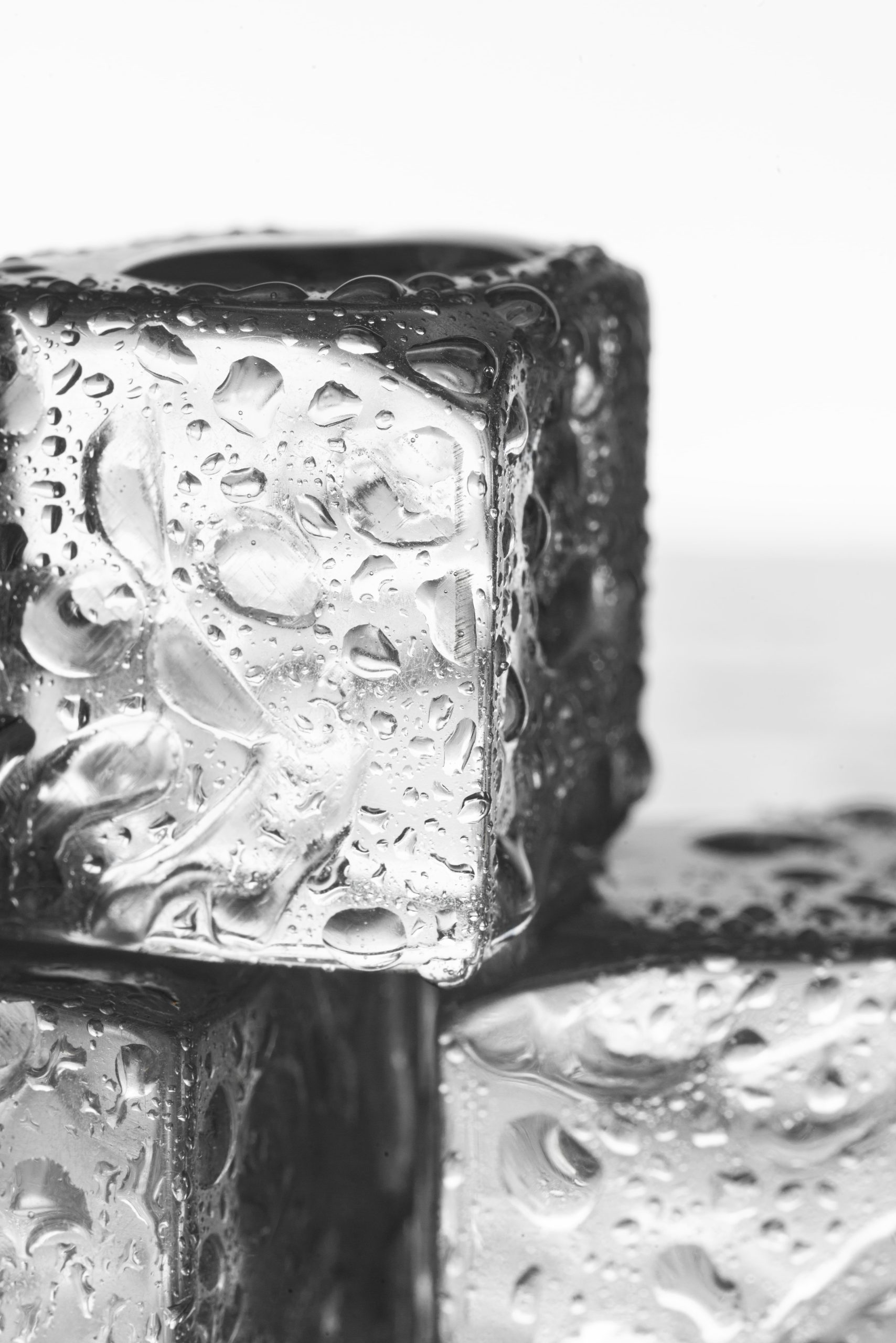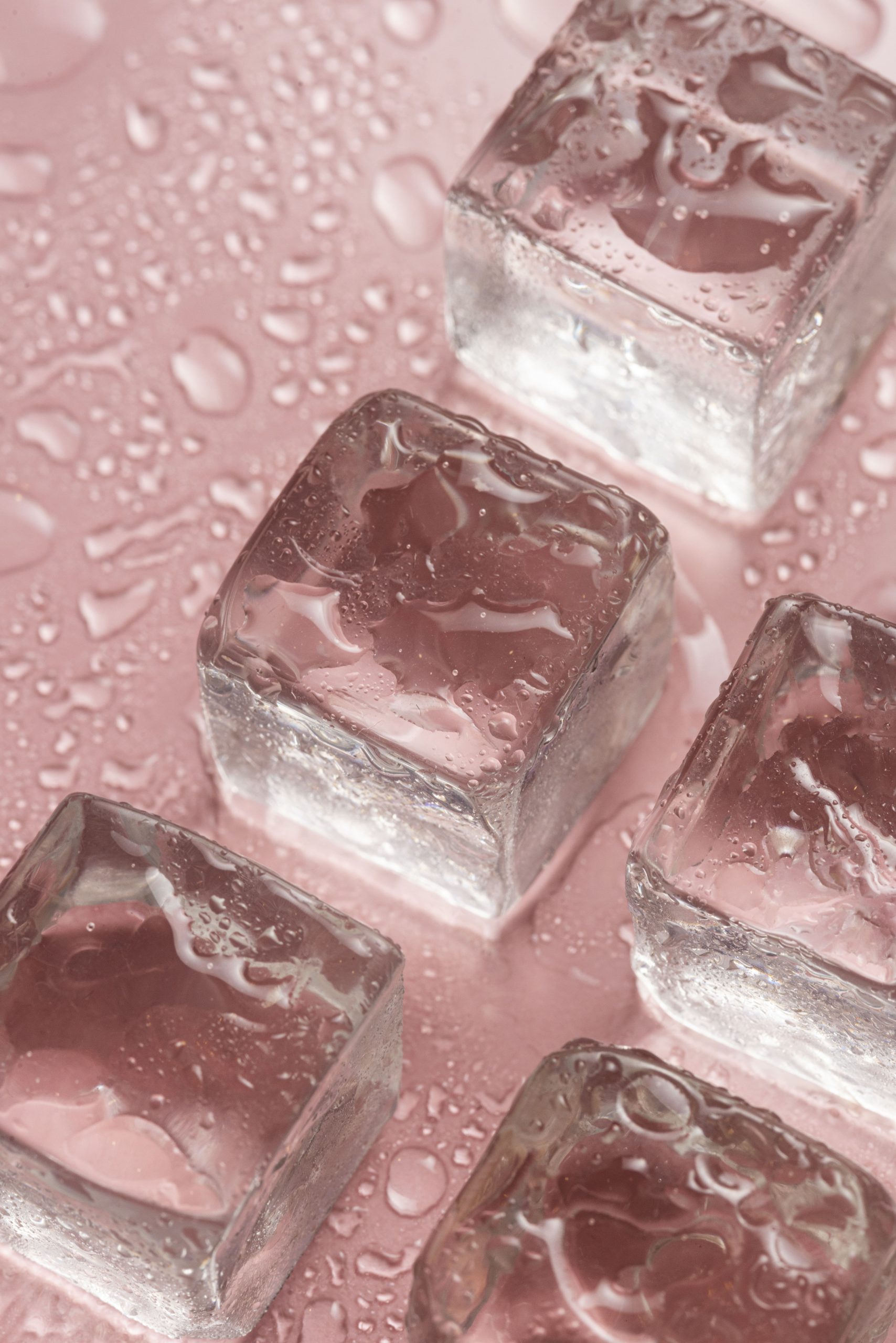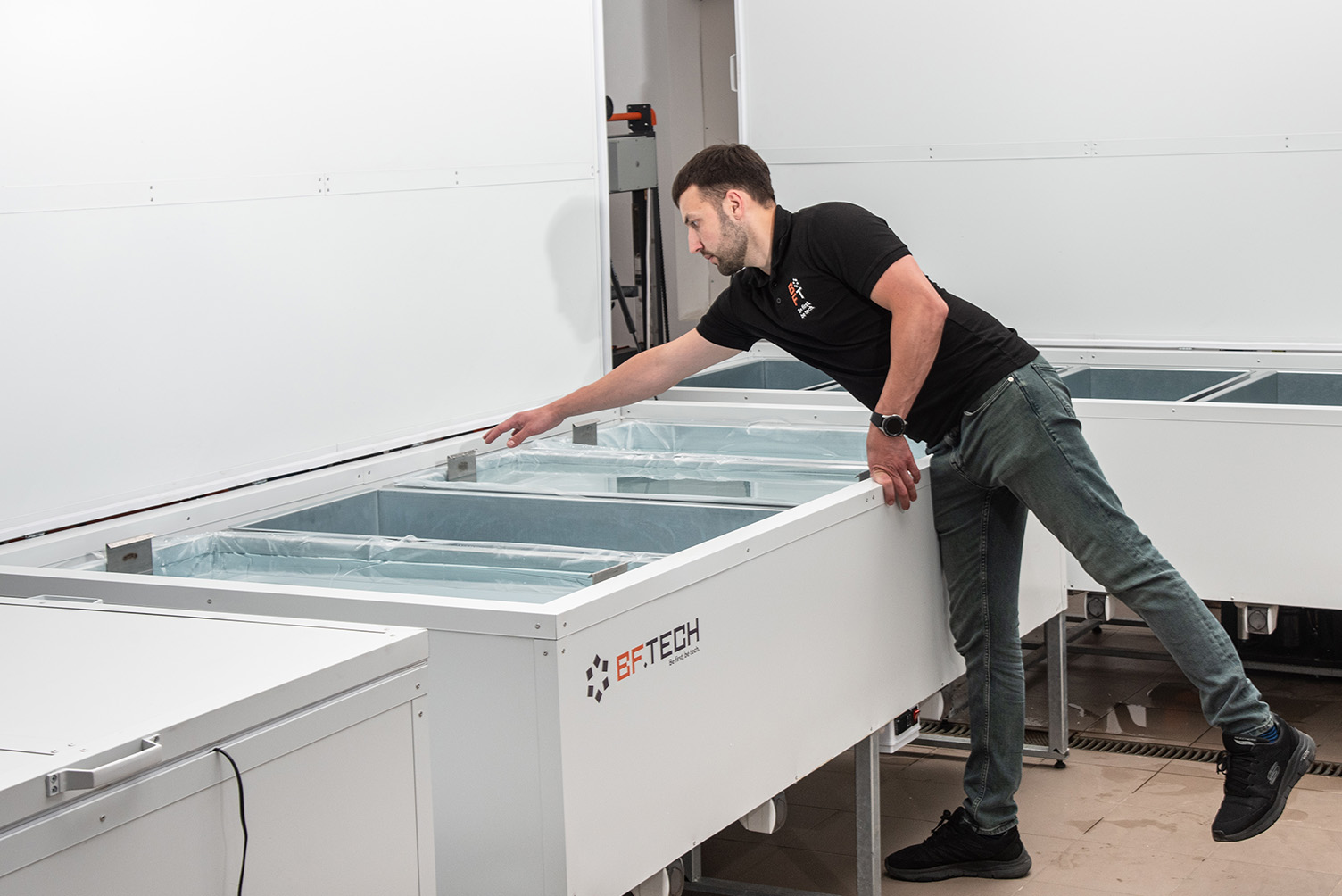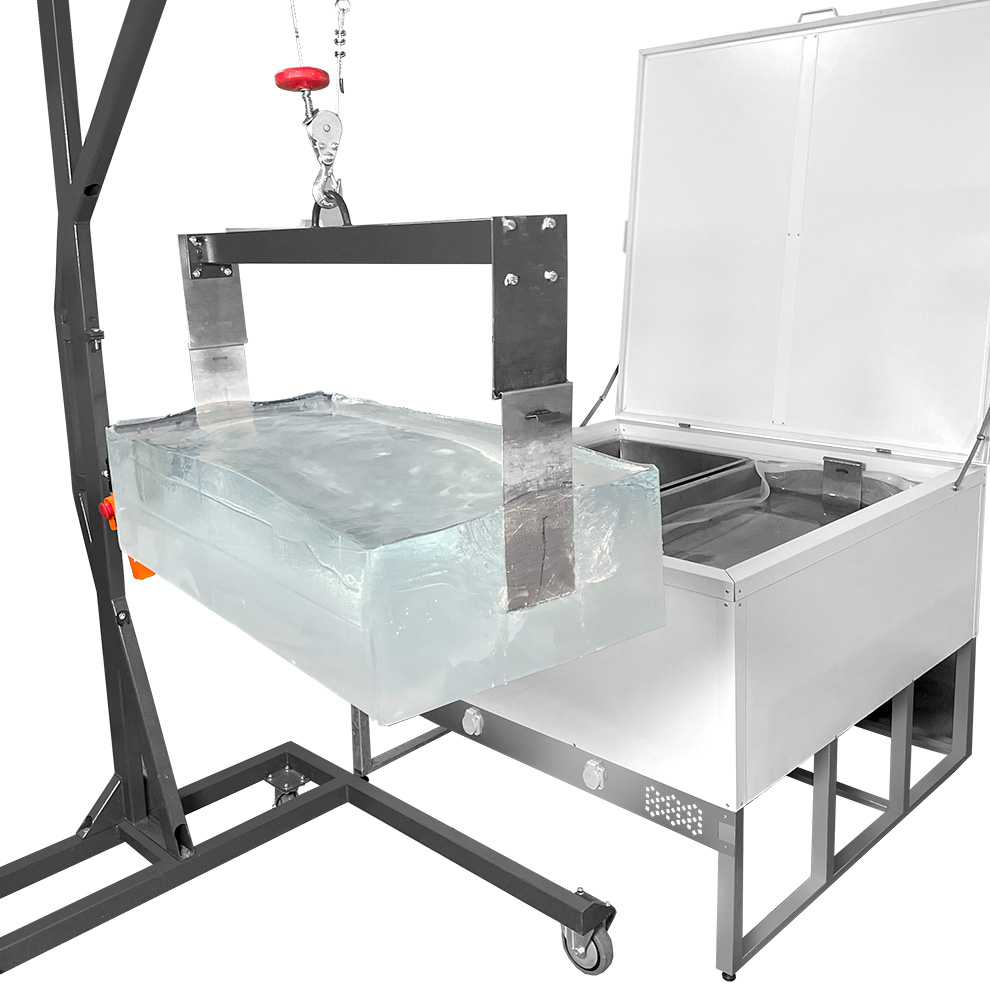How to Make Ice Last Longer and Keep it from Melting: Expert Tips and Tricks
In our fast-paced world, savoring a cold drink that’s perfectly chilled can offer moments of true delight. Yet, contending with cubed ice that melts too quickly, leaving our drinks lukewarm, can seem like an uphill struggle.
But not to worry, this guide is packed with professional advice on making your ice last longer, ensuring your beverages remain cool for a significant period.
First, let’s answer the question ‘How to make ice last longer?’
Understanding the Science Behind Ice Melting
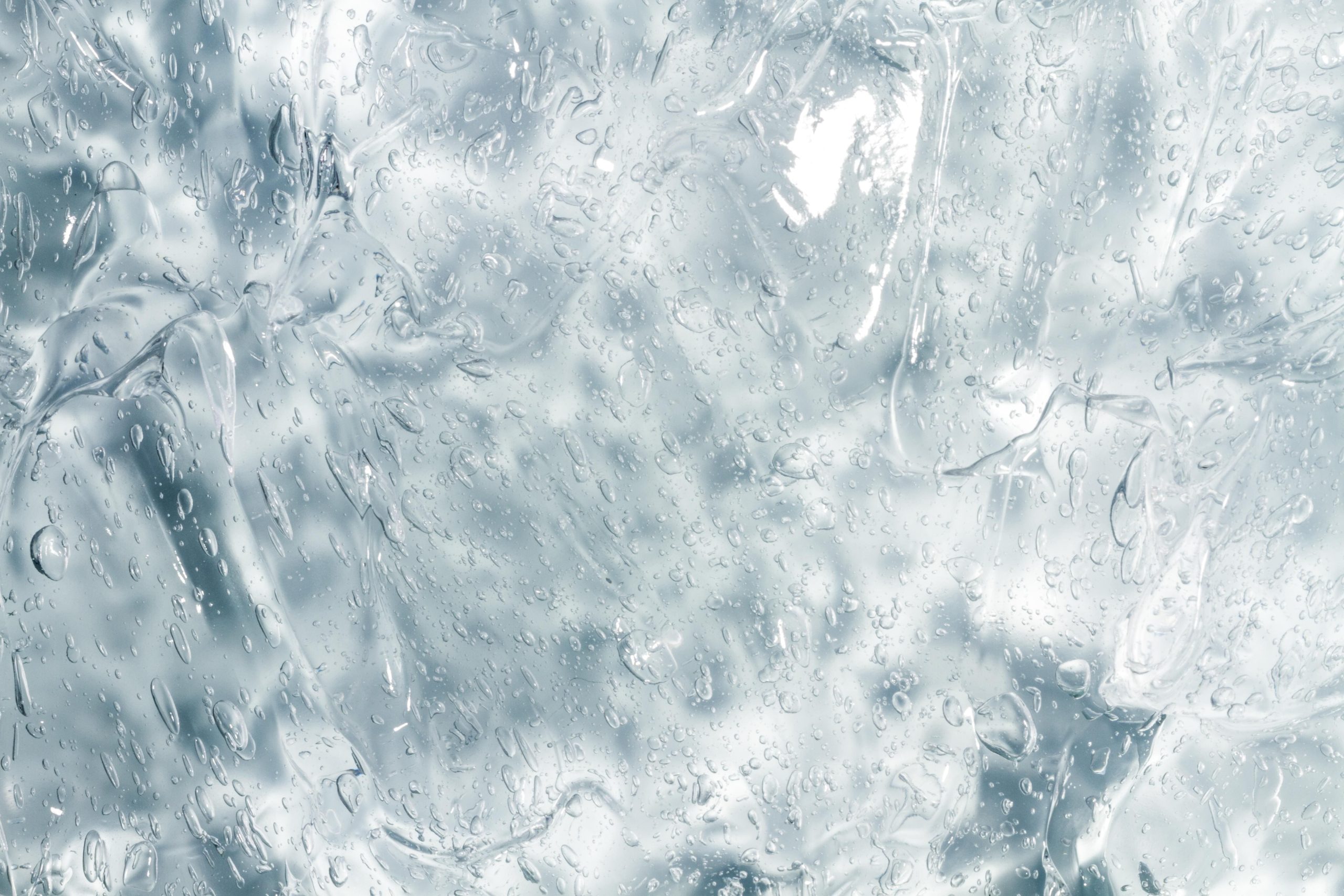
Understanding the underlying concept that causes the meltdown of ice is a key aspect of anybody who would want their drinks to stay cold for longer. It also can answer a popular question “Is there ice that doesn’t melt?”
The science of thermodynamics plays a vital role in this understanding, providing an insight into the process of how ice absorbs heat from its surroundings and starts melting. There are many factors, including the ambient temperature, the area of the ice and, of course, any contamination that may be present, that can greatly affect the speed of the ice melting.
Clear ice, created using a sophisticated ice block maker like the ones offered by BFtech, is specifically engineered to minimize these influences, leading to a more gradual melting rate than that of conventional ice. This slower melting process is a key advantage, ensuring beverages stay cooler for an extended duration.
Usual Ice Cubes vs Clear Ice Cubes
Reusable Ice Cubes VS Clear Ice Cubes
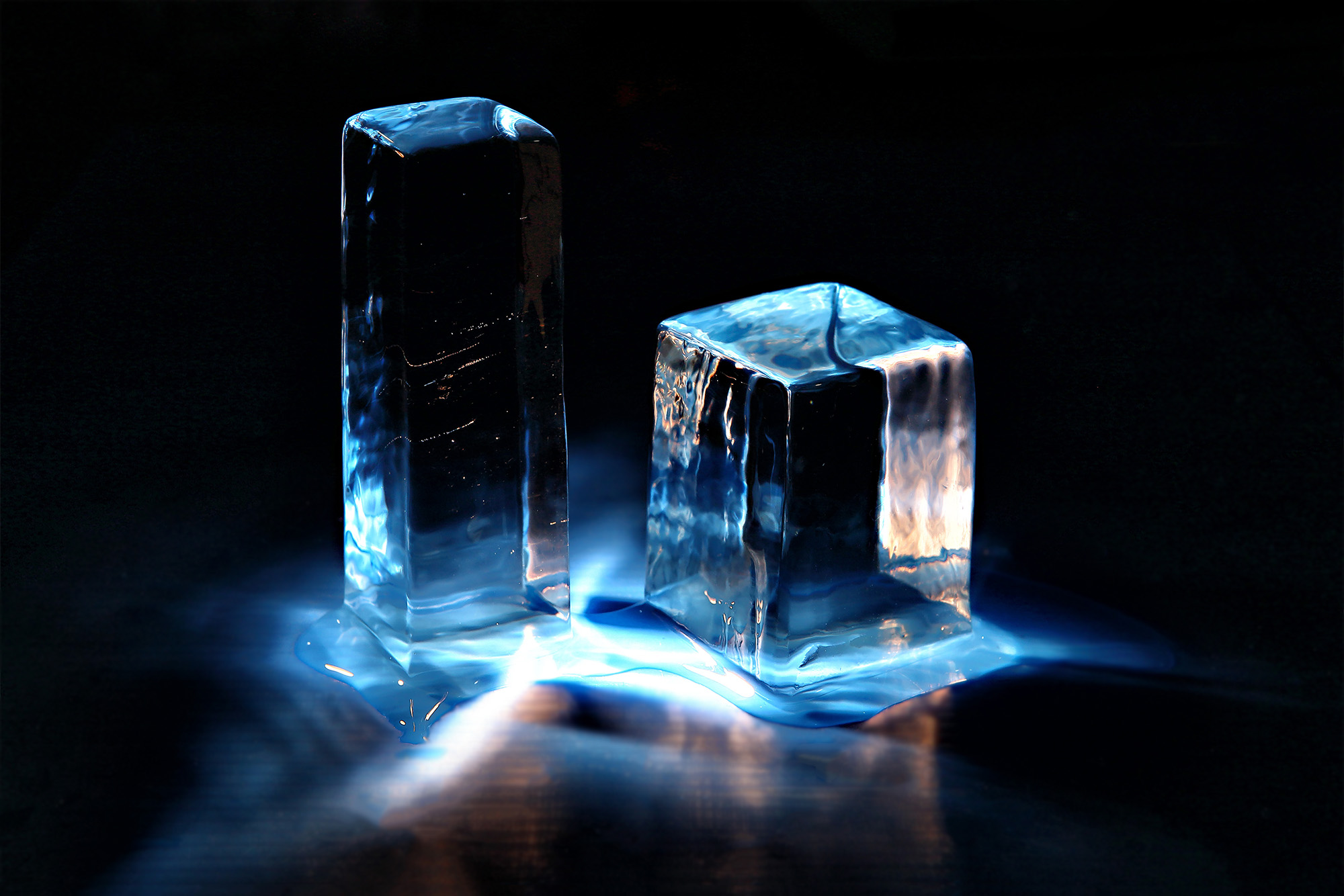
The discussion about traditional versus clear ice cubes delves deep into physics and chemistry.
Regular ice cubes, known for their opaque appearance and internal air bubbles pockets, often melt faster because of their increased surface area in contact with heat and the structural vulnerabilities introduced by contaminants.
Does clear ice melt slower? In contrast, clear ice cubes undergo a detailed freezing technique that eliminates these contaminants and air pockets, resulting in a denser and more uniformly shaped cube. This cube melts at a slower pace, thus maintaining the coolness of your beverages for a longer duration.
Although reusable ice cubes present an eco-friendly alternative for those aiming to minimize waste, they cannot match clear ice cubes in chilling efficiency and preserving the taste of beverages.
Clear ice melts more slowly, which is essential for maintaining the original flavor and integrity of your drink from beginning to end. This characteristic makes clear ice, an unparalleled option for both commercial and personal usage.
Insulating Your Ice: Key Strategies
Using Cooler Boxes and Insulated Bags
Choosing the Right Insulating Materials
Wrapping Ice in Towels or Blankets
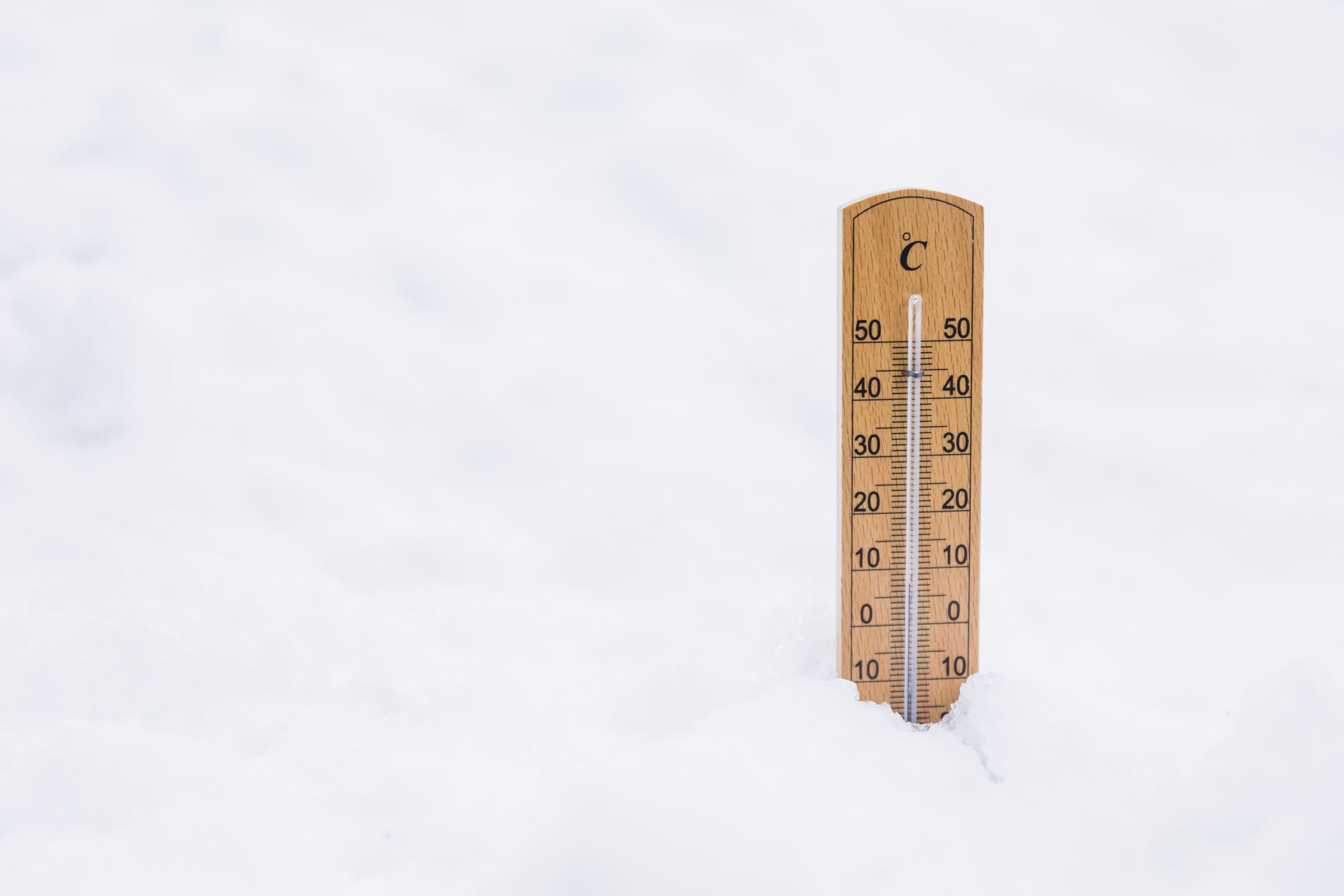
Insulating your ice effectively is critical in the fight against melting. By creating a barrier between the ice and the external warm air, you can significantly decelerate the melting process.
Below are some essential strategies:
The selection of storage options can profoundly affect the longevity of your ice. Such types of coolers as cooler boxes, polystyrene coolers, metal coolers, cooler with aluminum foil, and insulated bags or a plastic container are engineered to retain the cold while keeping the heat out, offering a mobile and effective means of ice storage. These tools are vital for anyone wanting to preserve ice in its solid state during outdoor gatherings, parties, camping trips, day trips, or extended trips.
So, how to make ice last longer?
Enhancing the efficiency of your insulation can be achieved by choosing the right materials. Foam and reflective insulators, for example, are outstanding at keeping heat at bay. Encasing your ice container with these materials adds an additional layer of protection, ensuring your ice remains frozen for much longer.
A more readily accessible method, wrapping ice in towels or blankets, can also be quite effective. This approach keeps the cold air close to the ice and acts as a shield against heat transfer. It’s a straightforward yet efficient tactic for those without specialized insulating materials.
How to Keep Ice from Melting: Controlling Temperature and Environment
Storing Ice in a Cool, Shady Spot
Avoiding Opening Cooler Boxes Frequently
The environment where you store your ice is as crucial as the ice itself. Here are some vital tips for managing temperature and surroundings:
How to make ice last longer? It’s imperative to store your ice in the coolest, most shaded location possible. Direct sunlight or being near heat sources like ovens or grills can quicken the melting process of your ice.
Opening cooler boxes frequently is a surefire way to release the cold and let in heat. Limiting how often you open the ice cooler can greatly prolong your ice’s lifespan, ensuring your drinks stay cold for much longer.
Conclusion
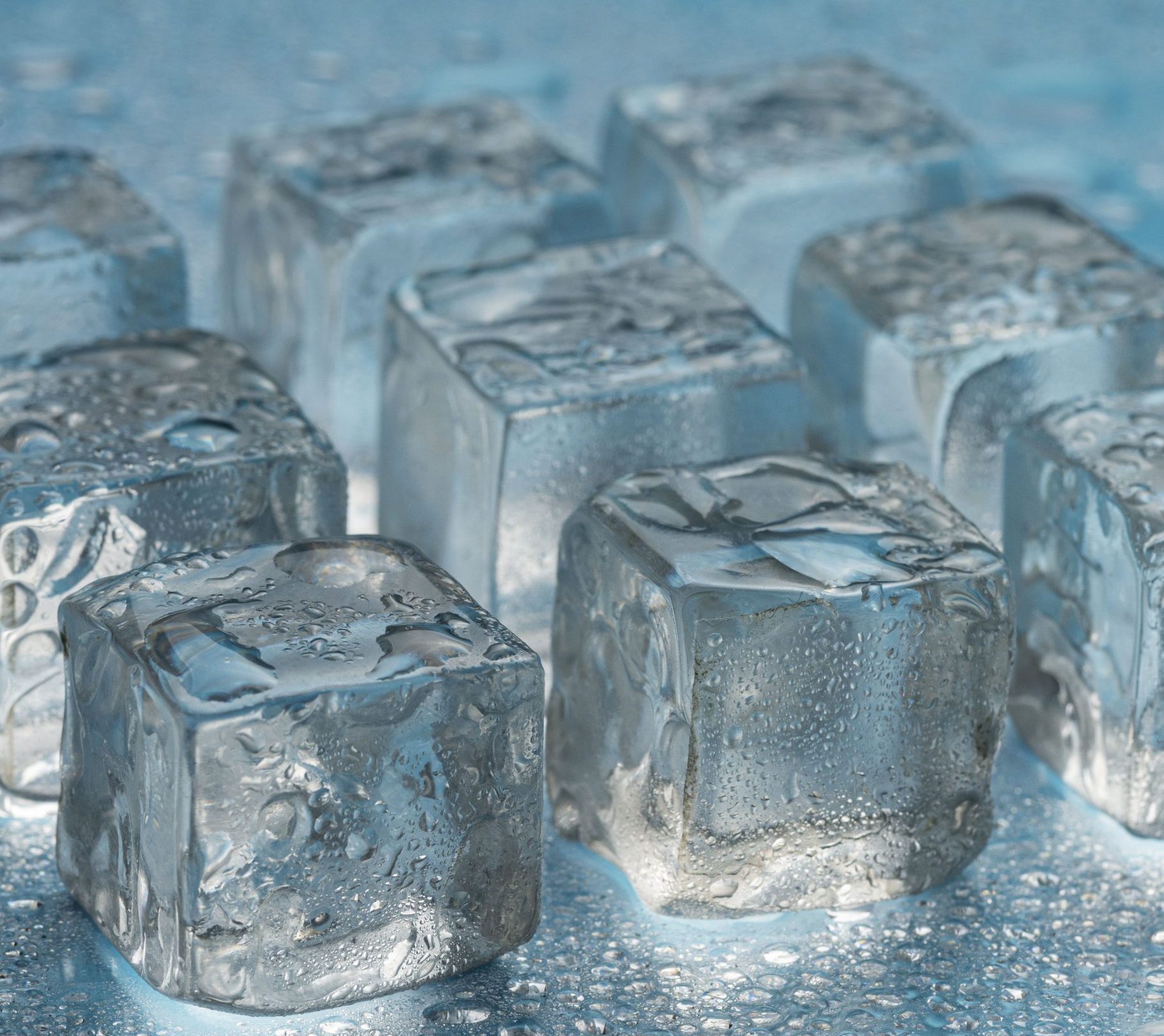
The challenge of preventing ice from dissolving into water is more than just a minor inconvenience; it presents an opportunity to significantly improve your drinking experience. By diving into the scientific principles of how ice melts, selecting the most suitable ice type, and employing successful insulation and temperature regulation techniques, you can confidently keep your drinks delightfully cold for a surprisingly extended period.
Whether you are hosting a festive gathering, operating a bar, or simply enjoying a beverage at home, this understanding will empower you to maintain your drinks at the ideal chill, regardless of the external temperatures.
How to Keep Ice from Melting: FAQs
What is the ideal temperature for ice storage?
The most suitable condition for ice storage is at, or cooler than, 0°C (32°F). The principle here is simple: the colder, the more beneficial. By maintaining ice at temperatures considerably below its freezing threshold, one can markedly prolong its lifespan and get ice that doesn't melt.
Is it better to use larger ice cubes or small ice cubes?
Large ice blocks, with their smaller surface area relative to volume, melt slower than small ice cubes. This attribute makes them especially suited for cooling large volumes of liquid or in scenarios where ice needs to last as long as possible.
What can I put in ice to stop it melting?
How to keep ice from melting? And what keeps ice from melting? Preventing ice from melting entirely is unachievable without keeping it frozen. However, incorporating materials such as salt to ice or alcohol can modestly postpone the melting by reducing water's freezing point. Nonetheless, it's crucial to be mindful of how these additives might alter the flavor or purity of the pieces of ice, particularly when it's used in beverages.
Is there a way to make ice last longer?
Absolutely, by opting for clear ice, insulating it properly, and meticulously controlling the storage temperature and environment, you can significantly increase the time your ice stays frozen. And you get slow melting ice. These strategies are scientifically supported and have proven effective in both commercial and home settings.
